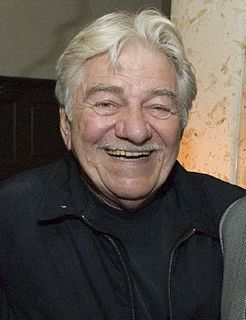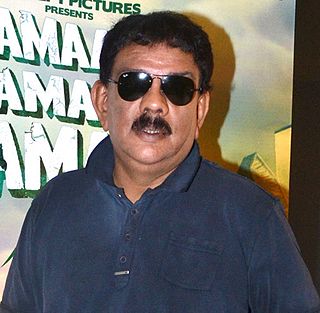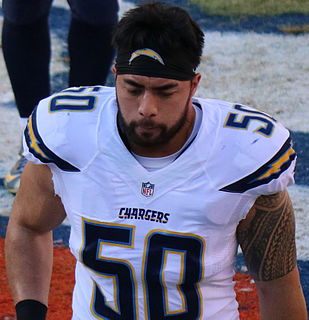A Quote by Diego Luna
When you make a film, it's because it's important to you, it means something to you.
Related Quotes
I left film because I felt that photography was my art. It was something I could do on my own, whereas film was so collaborative. I thought as a photographer I could make something that was artistic and that was mine, and I liked that. And it wasn't until I got back into film and I have very small crews and I could do very tiny filmmaking that wasn't 100 people that I still felt that I was making something artistic as a filmmaker. So, you know, I'm an artist, and whether it's photography or film, I want my voice to be there and I think my voice is very strong in this film.
I always try to better myself with every movie I make. I don't take anything sitting back and so I try to learn from every film I make and carry that onto the next movie because I think it's important as a filmmaker to keep growing with each film and I think I am growing with each movie. And I think it's important because you need to strive to better yourself.
I can understand that an audience, buying a ticket to see a picture of mine, wants to see something funny because they feel confident that at least I have a fighting chance to make a funny film when I make a film, whereas if I make a dramatic film there's one chance in a thousand that it's really going to come out great, so I understand how they feel about that and they're completely right.
Oh, we're very careful, Marilla. And it's so interesting. Two flashes means, "Are you there?" Three means "yes" and four "no." Five means, "Come over as soon as possible, because I have something important to reveal." Diana has just signalled five flashes, and I'm really suffering to know what it is.
I think it's a fascinating thing to see how lonely people are in this world and what they're looking for. It's a universal concept. So, it's something that interests me and I'll probably revisit it if I get the chance to do the child soldier film because I think it's one of the most important scripts I've written. It's just too dark to do as a film right now. I need to do something a bit different.



































